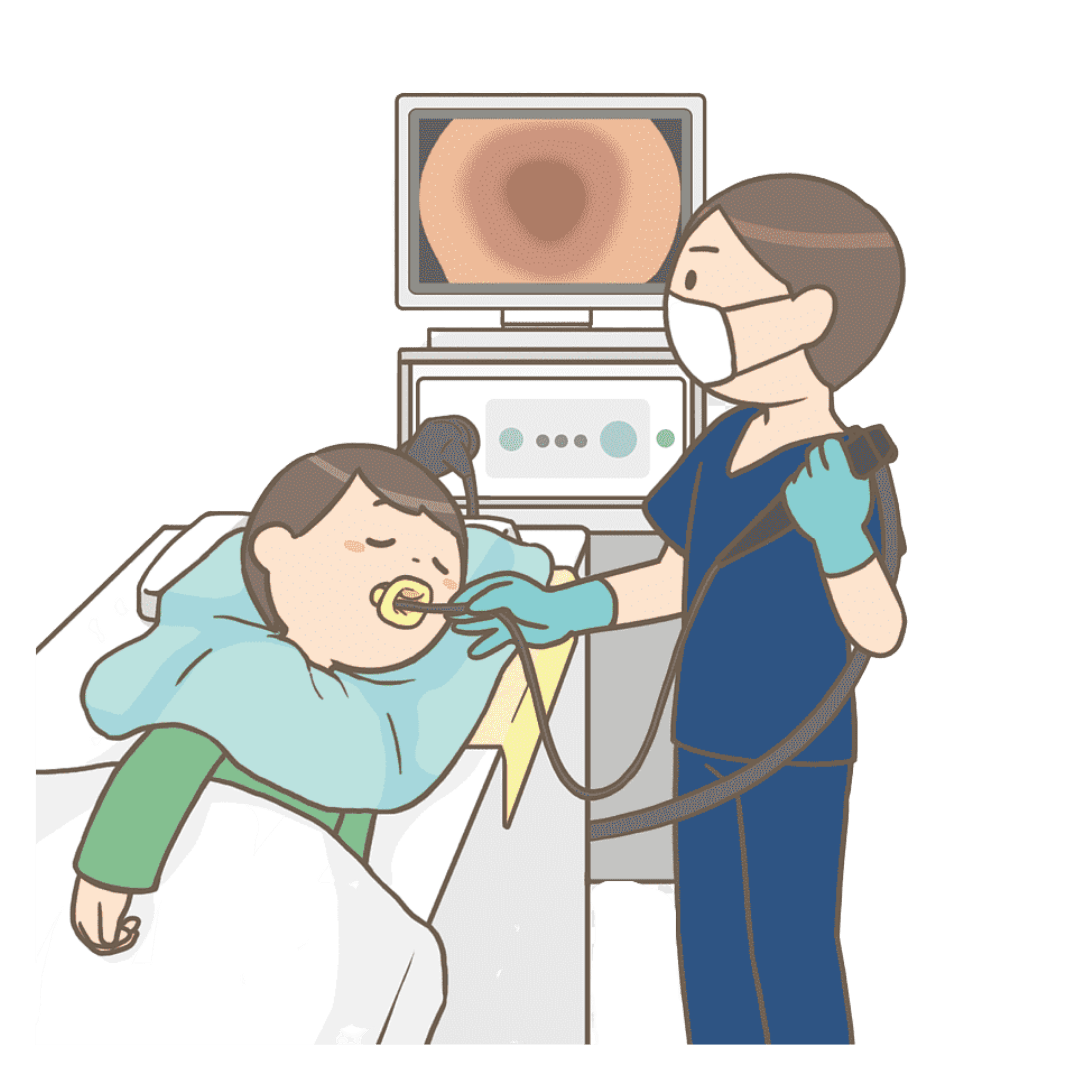
Pediatric Endoscopy: A Parent's Guide to Understanding the Procedure
What Makes Pediatric Endoscopy Different?
Pediatric endoscopy requires specialized expertise and equipment designed specifically for children. We use smaller endoscopes and instruments that are appropriate for your child’s size. The procedure is performed with extra care and attention to the unique anatomy and needs of young patients.
Common Reasons for Pediatric Endoscopy
Children may need an endoscopy for various reasons, including:
- Persistent abdominal pain
- Difficulty swallowing
- Unexplained nausea or vomiting
- Chronic diarrhea
- Unexplained weight loss
- Blood in stool
- Suspected celiac disease
- Inflammatory bowel disease evaluation
- Foreign body removal
Preparing Your Child for the Procedure
Preparing a child for endoscopy requires a different approach than with adult patients. Here’s how you can help:
Before the Procedure
- Talk to your child about the procedure in age-appropriate terms
- Be honest but reassuring about what to expect
- Follow the doctor’s instructions about fasting (typically 4-8 hours, depending on age)
- Arrive early to complete necessary paperwork and help your child feel comfortable
Special Considerations
- Infants may need adjusted fasting times
- Medications may need to be temporarily stopped
- Special arrangements might be needed for children with developmental differences
During the Procedure
Your child will receive appropriate sedation or anesthesia administered by a pediatric anesthesiologist. The procedure typically takes 10-25 minutes, during which:
- Vital signs are continuously monitored
- Specialized pediatric equipment is used
- A team trained in pediatric care is present throughout
- Parents can usually stay with their child until sedation
Recovery and Aftercare
Recovery from pediatric endoscopy is generally quick, but requires special attention:
Immediate Recovery
- Your child will be monitored in a recovery area
- They may feel sleepy or groggy
- Some children might be temporarily confused or emotional
- Light refreshments will be offered once fully awake
At Home Care
- Rest for the remainder of the day
- Return to normal diet as tolerated
- Possible mild throat soreness
- Resume regular activities the next day
- Follow up with your pediatric gastroenterologist as scheduled
What to Watch For
Contact your doctor if your child experiences:
- Severe throat pain or difficulty swallowing
- Chest pain
- Fever
- Severe abdominal pain
- Vomiting blood
- Difficulty breathing
Understanding Results
Results from the visual examination are typically available immediately after the procedure. If biopsies were taken, these results usually take 5-7 days. Your gastroenterologist will schedule a follow-up appointment to discuss findings and treatment plans.
For more information or to schedule a consultation, please contact us on Whatsapp
We’re here to answer your questions and support you and your child throughout this process.
